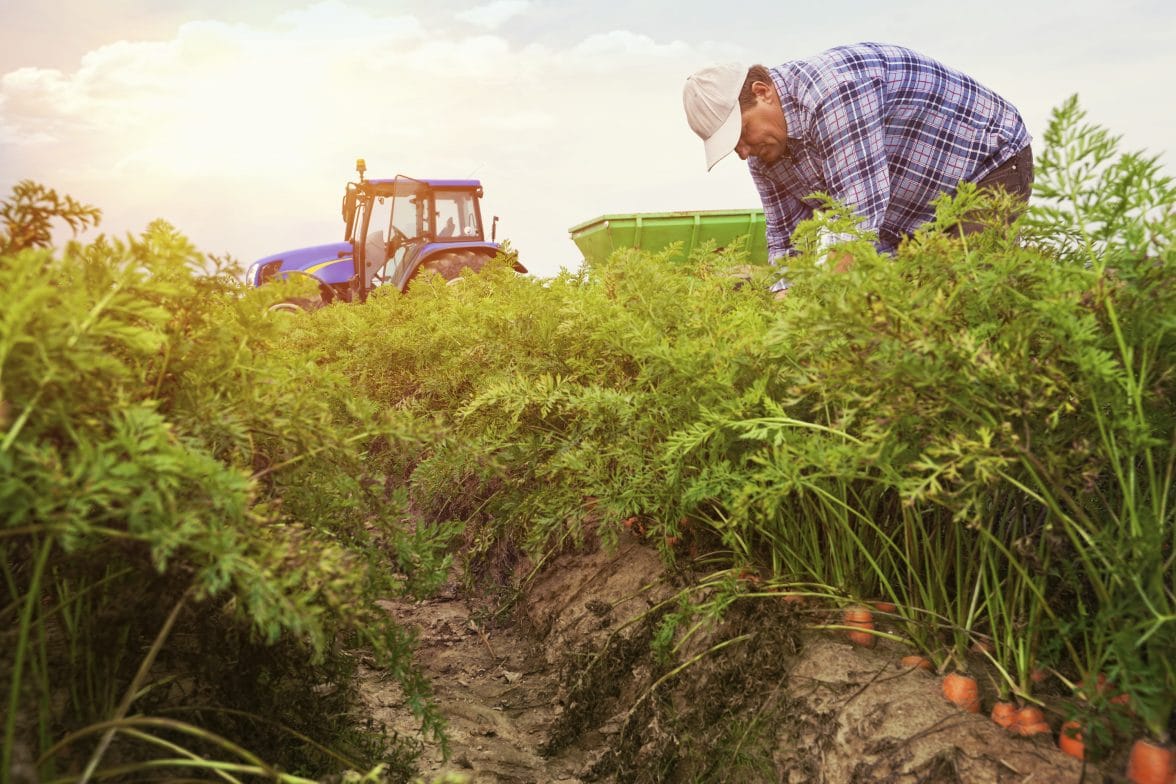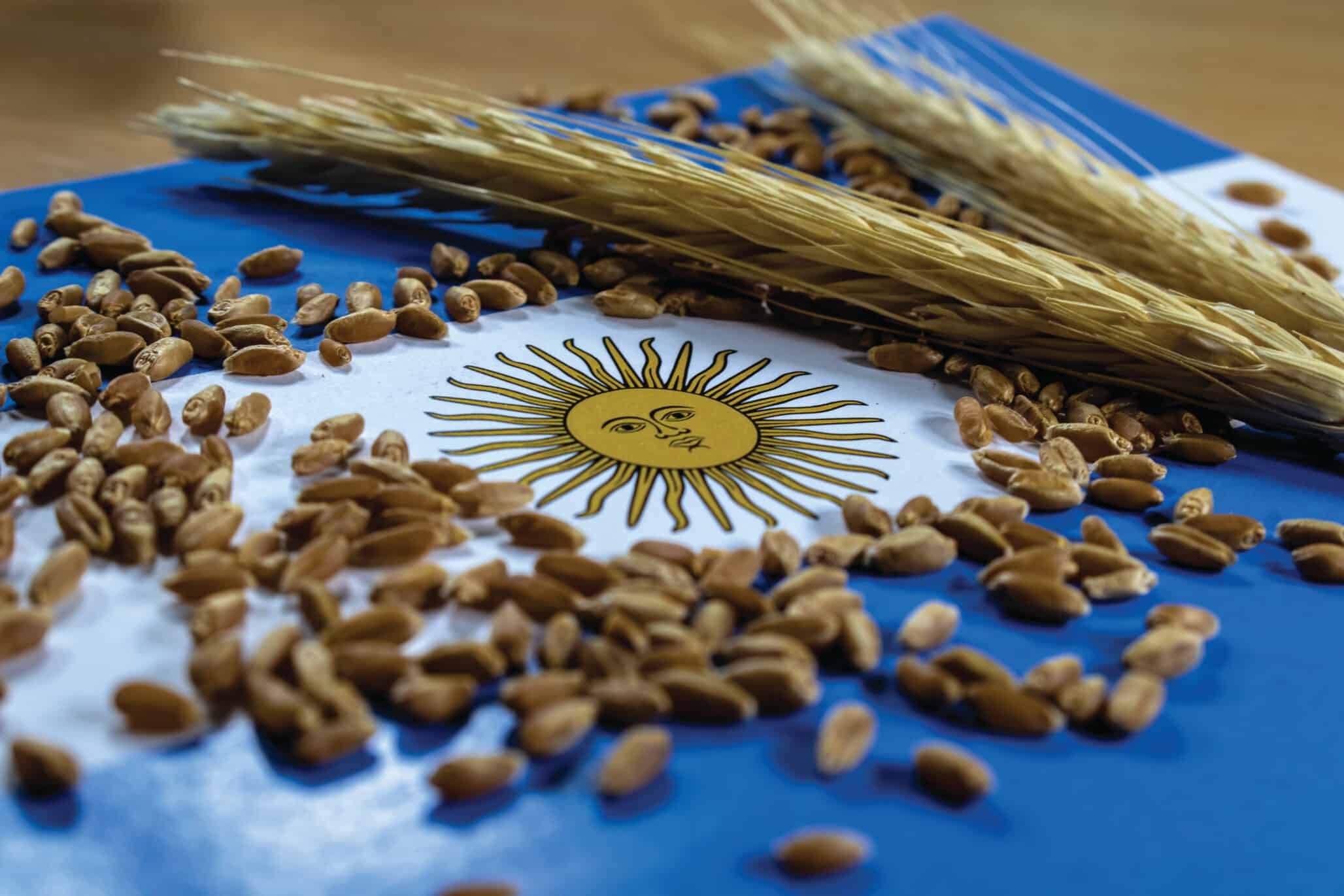Too often, farmers are not involved in planning innovation strategies, and not by choice. Seeds is a crucial sector for farmers: farming starts from seeds and soil, and we must guarantee that innovation in this field responds to the fast-changing environment in which our producers are meant to work.
With the aim of ensuring a farmer-driven, science-based and pragmatic approach to innovation for an improved sustainability of farming and food systems, the World Farmers’ Organisation (WFO), the International Seed Federation (ISF) with the technical expertise of the Union for the Protection of New Varieties of Plants (UPOV) carried out a joint collaborative work to explore the needs, expectations, and constraints of farmers in the New Improved Plant Varieties’ domain.
“New Improved Plant Varieties on the Farm”: Farmers’ Consultation Results
Farmers look at New Improved Plant Varieties with an innovation lens to ensure better yields, economic stability of the farms, ensuring resilience over shocks, but also to make farming easier and less labour/input intensive.
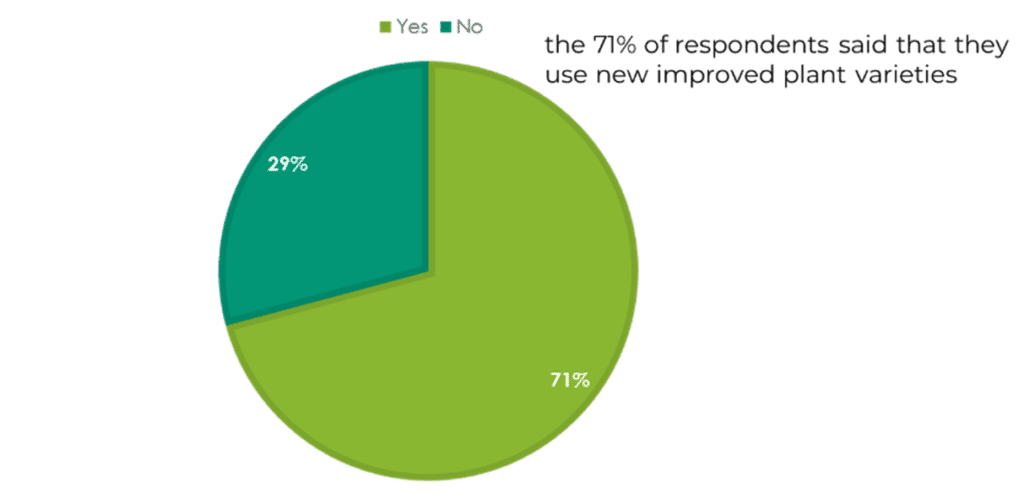
New Improved Plant Varieties can be key to tackle the challenges of climate change and for the sustainability of food systems: ensuring resistance to droughts, improving pest and diseases’ management, enabling sustainable use of inputs, getting closer to consumers’ demand.
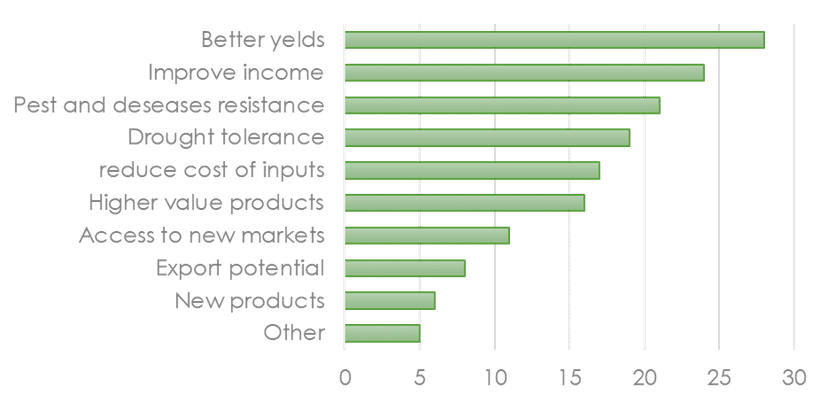
There’s no one-size-fits-all solution and it is key to ensure farmers have the widest possible choice of seeds: providing the right choice to the farmers that they can access, including improved varieties.
It is not innovation for innovation’s sake, but improved varieties targeted to support the farmers in the day-to-day business, to help to achieve sustainable development goals.
Drivers of Change
From the survey we found out that it is all about changing those factors that enable farmers to have access to New Improved Plant Varieties: the availability of these varieties with clear advantages in term of profitability, sustainability and climate change adaptation; an enabling regulatory and scientific framework. Financial resources to afford these varieties are as well a crucial driver.
It is no less important to point out that some farmers highlighted their preference to use traditional varieties.
What emerged from the consultation is that farmers, both the ones that use New Improved Plant Varieties and the ones that do not, need more information about these varieties and training and technical assistance.
Global/harmonized regulatory framework on New Improved Plant Varieties that covers the entire process is also required, starting with intellectual property rights (plant variety protection) to encourage investment in plant breeding and seed production, through regulations to ensure good quality seed is available to farmers for completing the food chain to the consumers.
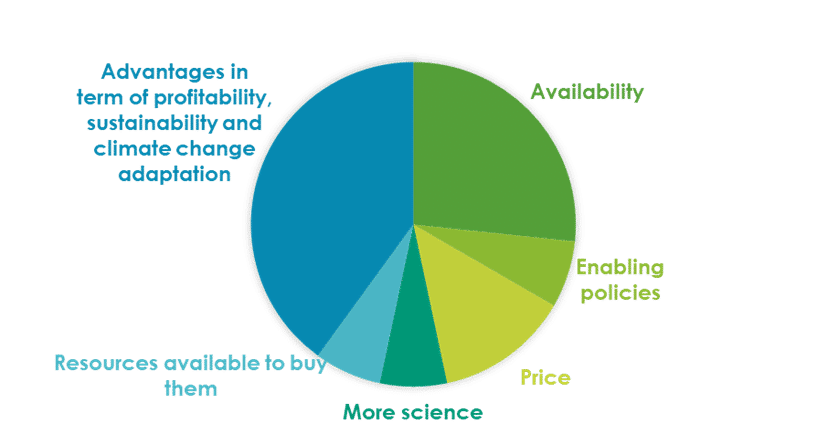
Agents of Change
Organized Agriculture has a crucial role: Farmers’ Organisations emerged as key actors to ensure that farmers of all sizes and everywhere have access to the best available innovation and to the necessary capacity building.
What clearly emerged from the consultation was the importance of bold partnerships and collaboration within the value chain, to ensure that the needs of farmers are taken into account in the innovation process leading to New Improved Plant Varieties, producing benefits for all the actors involved.
Cooperation in the value chain is essential: only a true involvement of all stakeholders in the innovation process, starting from research, from farmers to breeders and all the actors involved, can ensure that we can develop a product that responds to the farmers’ needs.
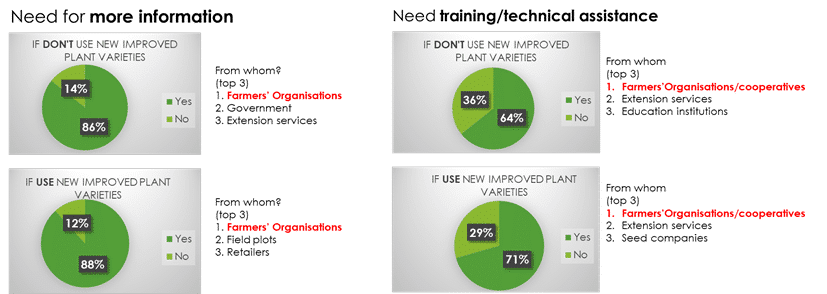
Breeders always need to work with farmers to understand their downstream needs. This cooperation should address not only the different agronomic and productivity aspects, but also the information needs of value chain stakeholders and consumers to increase transparency and traceability.
Consumers’ education is also important, in order to build trust around new varieties thanks, among others, to traceability systems.
In our perspective it is crucial that the seeds industry and farmers partner up to increase farmers’ capacity to use seeds in an effective way. Such partnerships are important to consider farmers’ business plans according to the seeds availability in a given area, so having the double effect of fostering the farm productivity and protecting biodiversity.
Farmers have always been innovators as they need to adapt to their environment while answering to the market needs. They want the widest possible toolbox for innovation. What they really need are pragmatic solutions involving all actors in the value chain.
That is why WFO established a solid partnership with the International Seed Federation, to cooperate on global level and implement win-win actions towards sustainability.
Read part one of this article.
Read More About Innovation in the Seed Industry:
Seed Speaks: Innovations in Seed Treatments
Independent Activate Ag Labs Launches to Improve Global Access to Seed Coating Innovations


